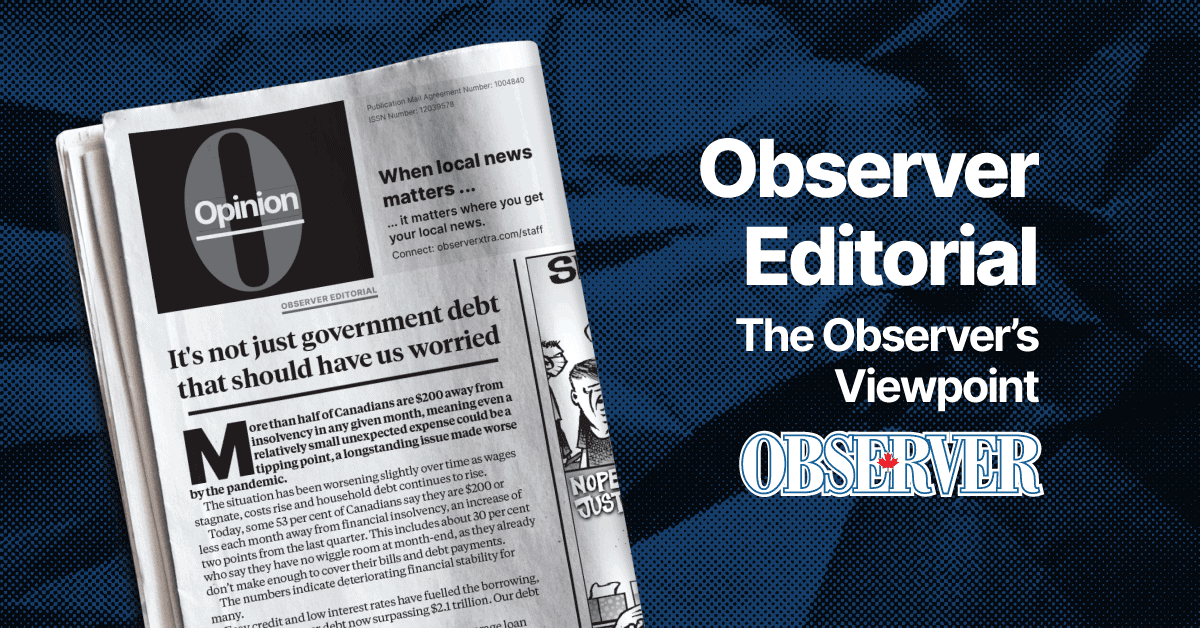;
;
;

That it’s an election year isn’t a coincidence, but Premier Doug Ford hit on a good idea with the cancellation of licence plate renewal fees. It’s move that puts an end to a $120-per-year cost to vehicle owners. Better still, the decision eliminates the option of simply hiking the fee to generate mo
Last updated on May 03, 23
Posted on Feb 24, 22
2 min read
